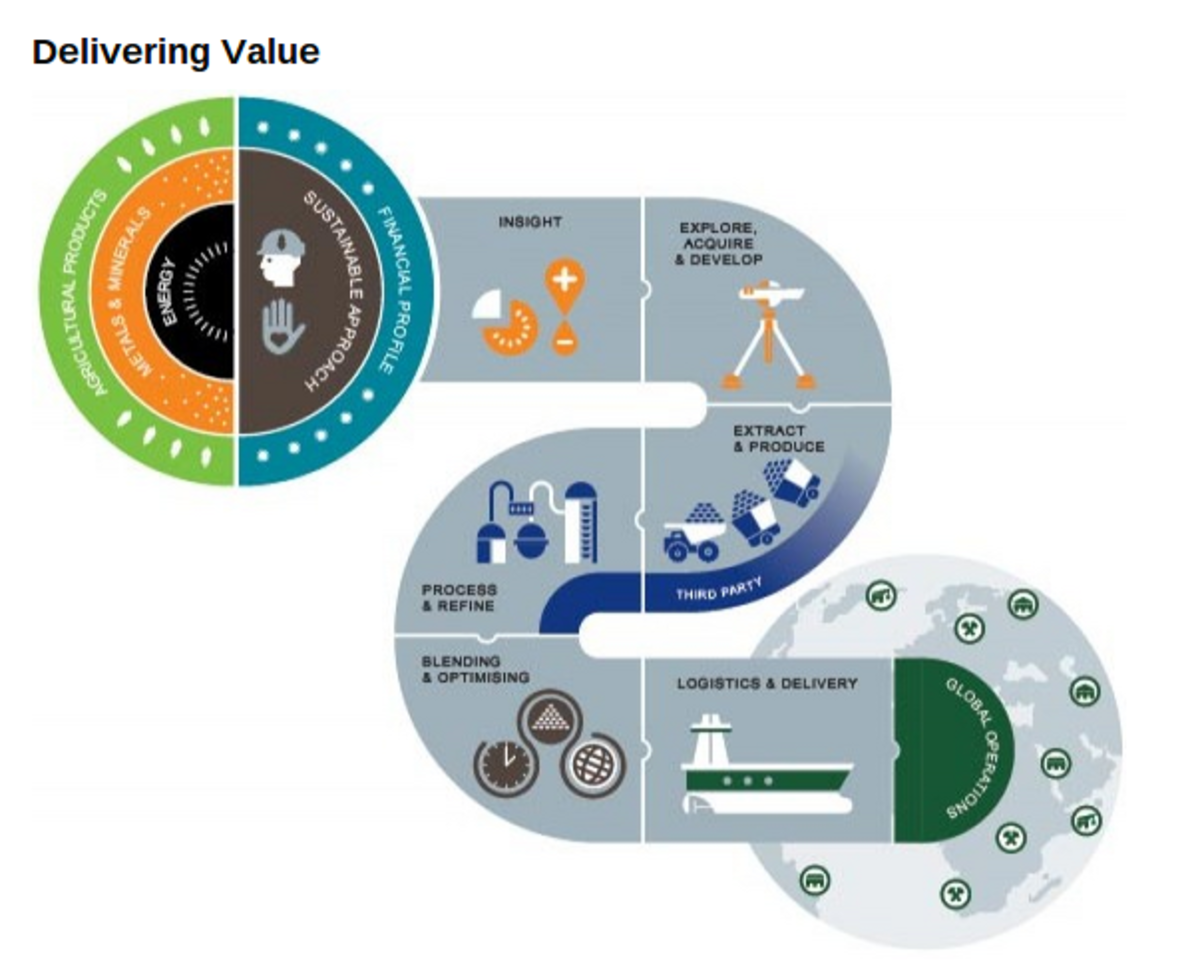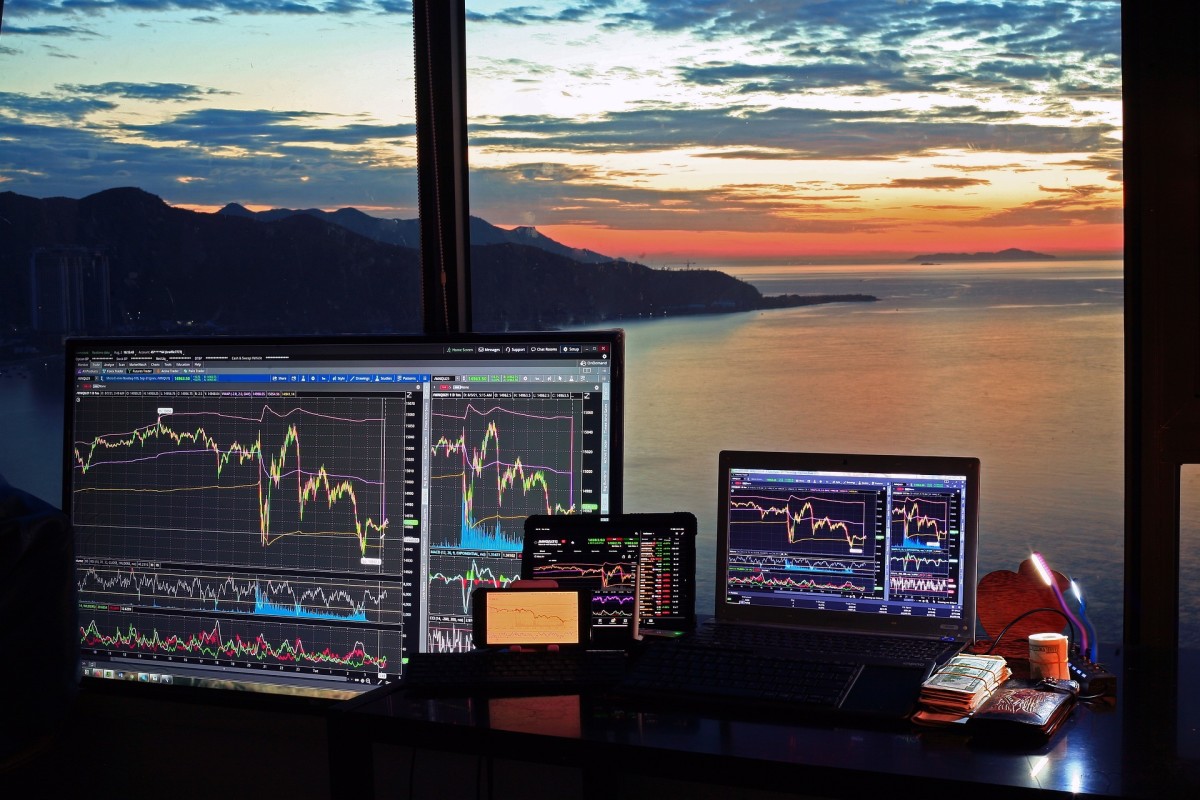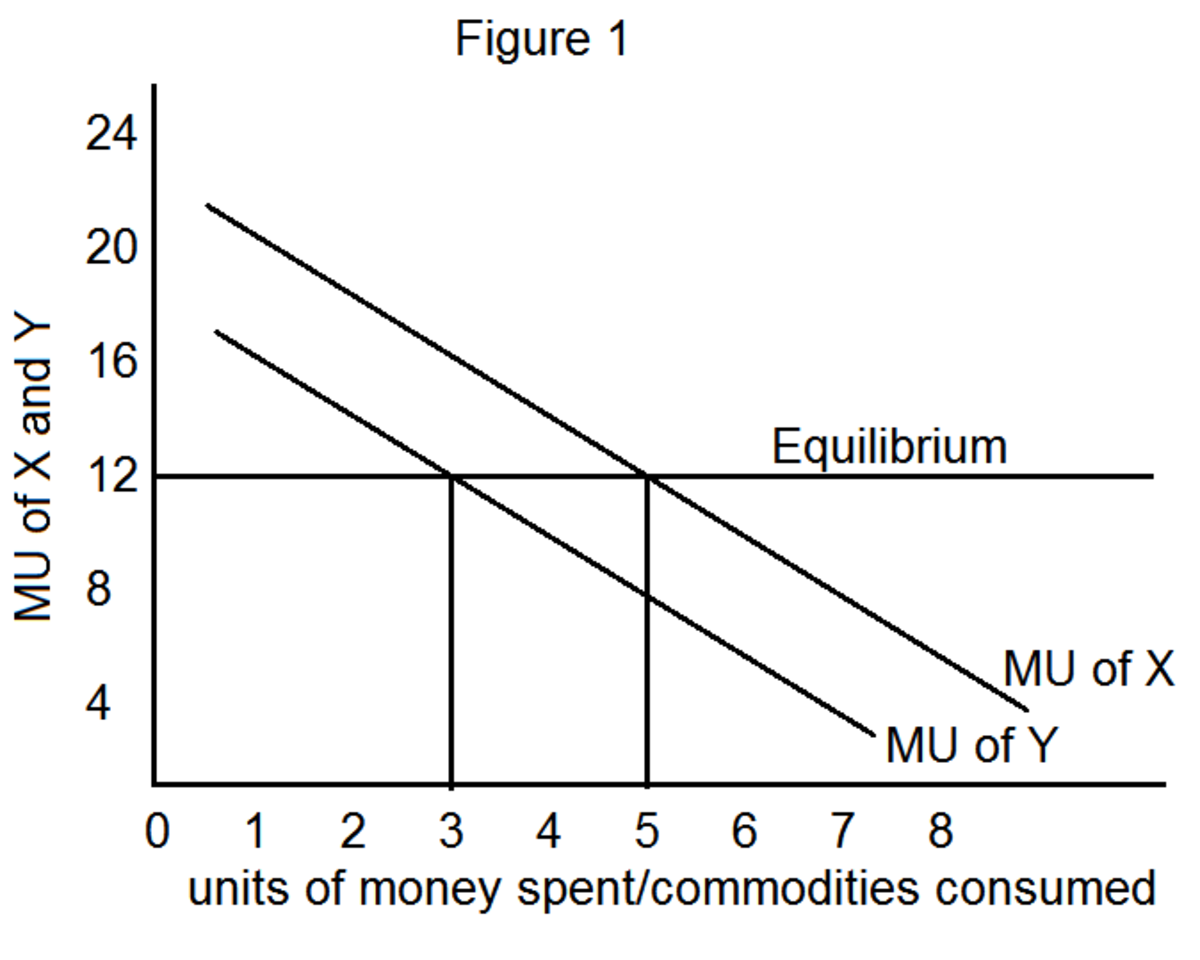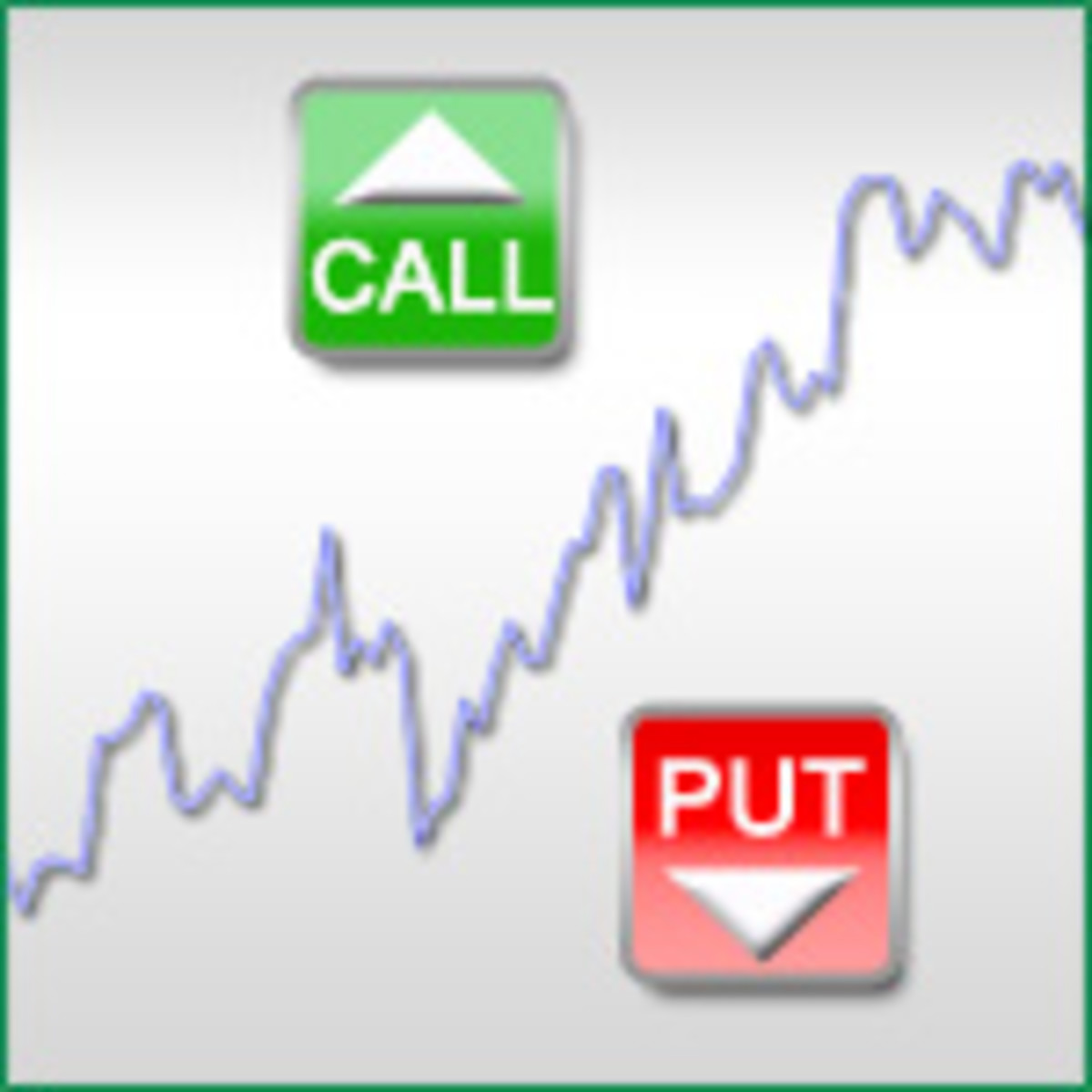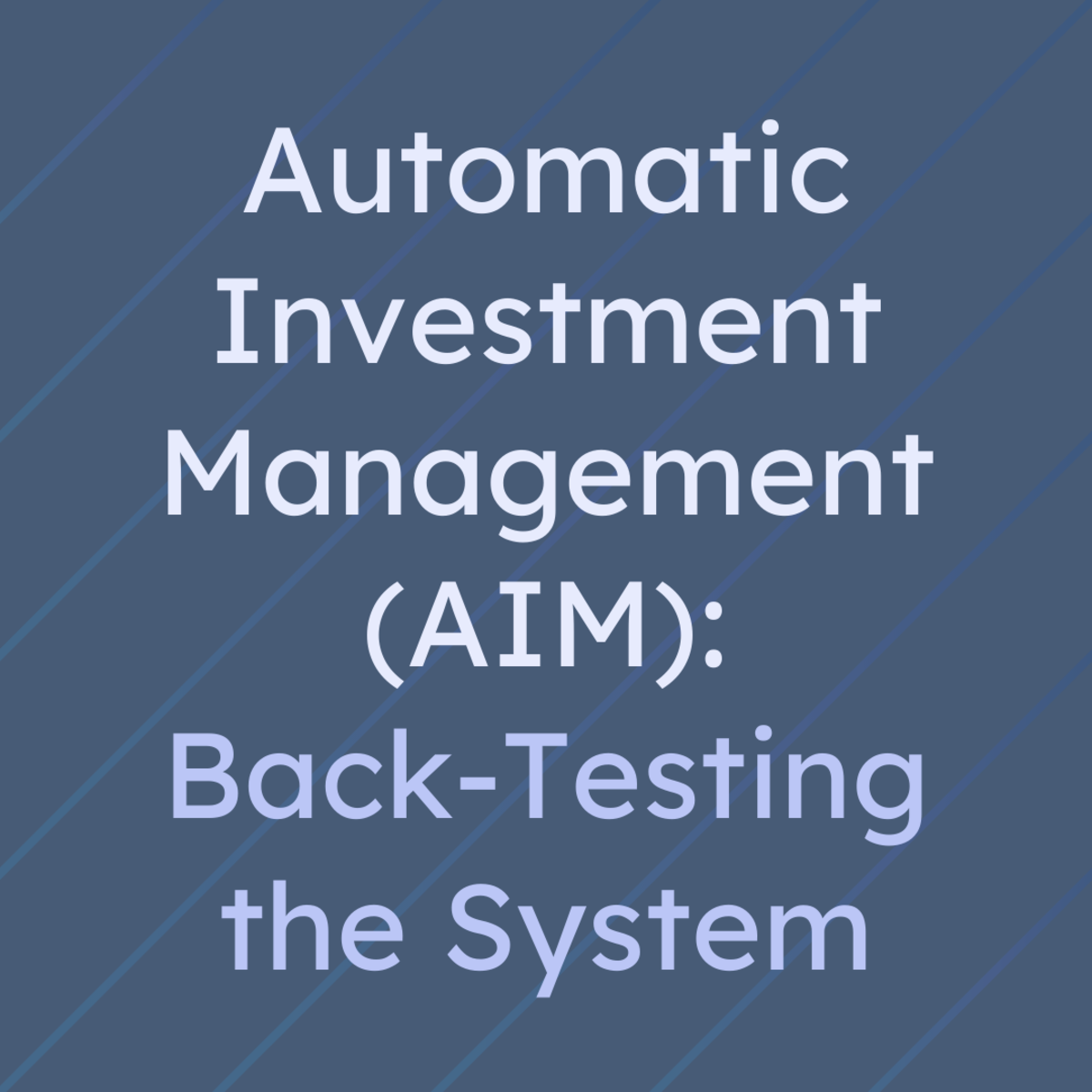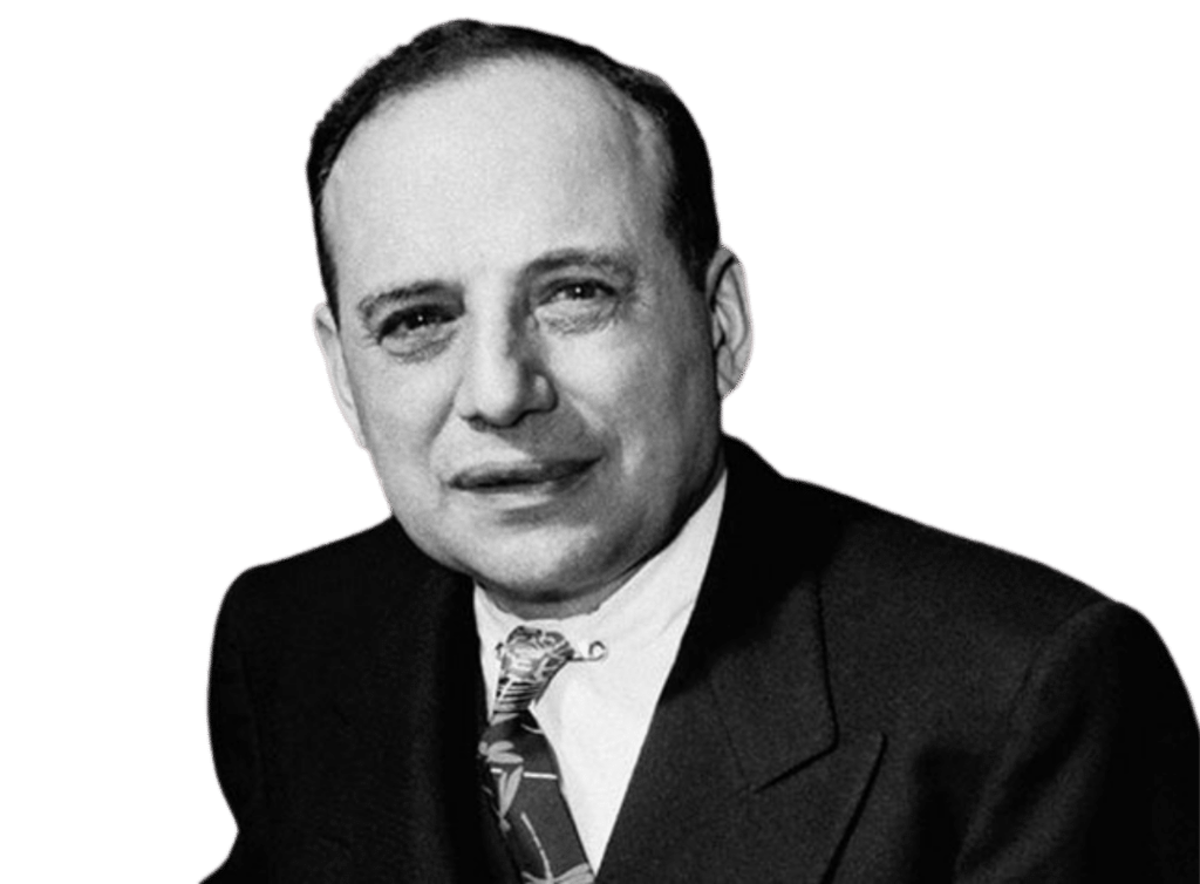Day Trading Commodities
Day Trading Commodities
If you are considering whether or not to start day trading commodities, you may want to consider some things first. So many commodity traders “leap before they look”, and end up hurting for it financially, and the evidence of their hasty decision-making is seen in their low (or negative) brokerage account balances. It’s better to do a little homework first, and make an informed, sound decision, rather than trying to jump on the latest “trading bandwagon” craze without thinking it through first. One thing I’ve learned over the years of trading futures is that the so-called “opportunity of a lifetime” happens all the time in the commodity markets. If you have been following any of the futures markets over the past 5 years, you no doubt have seen the explosion of trading opportunities that has taken place. I hate to say it, but many times the things that mean bad news to the general populace tend to be GREAT news for the astute commodity trader. Think about what happened to Crude Oil in 2008—contracts hit historical highs, and I don’t think that anyone on the long side of Crude was complaining one bit about how much gas prices were escalating. I joked all the time about writing crude puts to hedge against rising gas prices…but that’s another topic altogether. Suffice it to say, there are several different ways to build a solid trading income in the commodity markets, and one of those ways is day trading. For those who may not be aware, day trading simply means that you do not hold any of your trading positions overnight…you enter and exit the market on the same trading day (hence the name). For example, some day traders will buy Orange Juice contracts at the market open, wait for a little “blip” in prices that can produce a quick profit, and then immediately exit with a tidy profit only minutes (or hours) later.
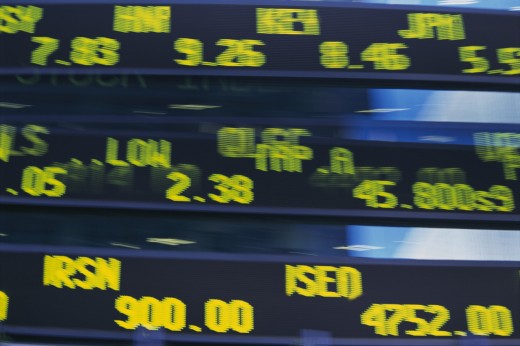
Day Trading Commodities: Choosing a Broker
Some day traders are so super-fancy that they actually enter and exit trades in less than a minutes’ time, and although they may only make one or two upticks’ worth of profit (for example, in Wheat, one cent equals $50.00, so a one-to-two-cent move would be $50.00-$100.00 worth of profit), if they’re handling 10 or more contracts at a time, that could easily mean $500.00-$1,000.00 worth of profit in only seconds. There are many, many traders who use this strategy in trading the very high-volume markets such as the S & P E-Mini or the NASDAQ E-Mini. Now keep in mind, I’m not including commissions and exchange fees in these examples. That’s one of the things that many critics of day trading are quick to point out, is the exorbitant amount of transaction costs that day traders incur due to the sheer volume of trades made every day. And this is something to be very aware of, because it would be stupid to try and trade the futures markets and “scalp” (as they call it) your way through the day, but then see commissions and fees eat up all your profits. You have to sustain trades that have enough price movement to cover your transaction costs to make each trade worthwhile. This is why a lot of commodity brokers will offer discounted commissions and fees to traders who trade a large volume of lots (or contracts) during the day. Some even have special pricing structures specifically for day traders that do not (and cannot) apply to anyone else. So if you’re shopping around for a futures brokerage and you’re interested in day trading commodities, make sure that you select a broker that will give you discounted commissions for trading higher volumes of contracts…it can mean thousands of dollars saved in the long run.

